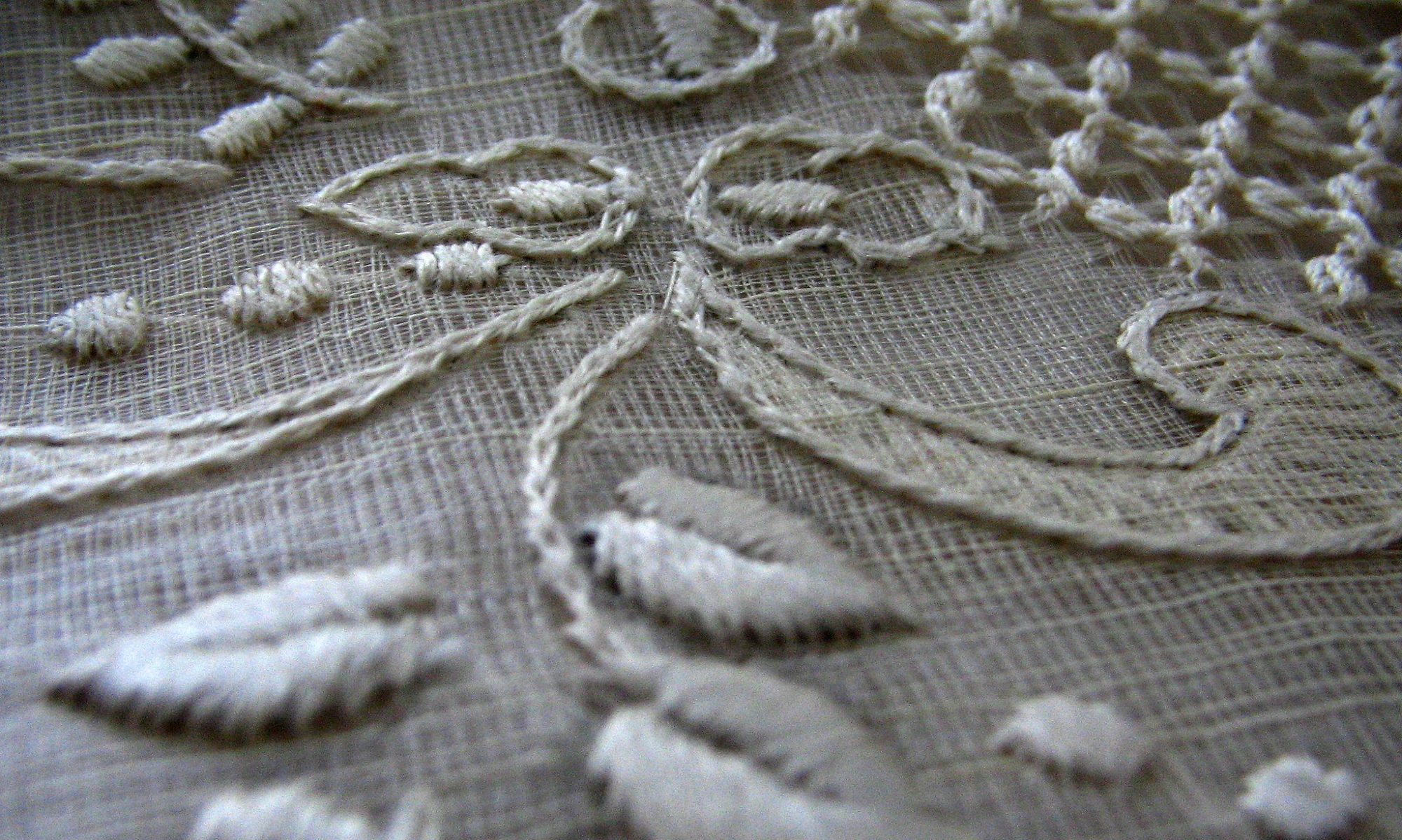I’ve been fortunate enough that many of my personal and scholarly interests coincide. Examples of where this has served me well are my multiple public presentations and conference presentations on Afrofuturism. Not to mention a monthly nerd-out session on Afrofuturism with the lovely folks at the Kheprw Institute.
As Ytasha Womack describes it, Afrofuturism proposes ways of looking at the future “through a black cultural lens”—of imagining black people as part of that future, whether they are flying rocket ships, wearing space suits, engaging with technology, communicating with alien beings, or simply living and thriving in a time beyond today. I thought I’d share some of my favorites that fall under the increasingly widening rubric of Afrofuturism.
First: some explainers!
A couple of my own introduction to Afrofuturism are below, but neither are as exciting as these primers from Dust and This American Life:
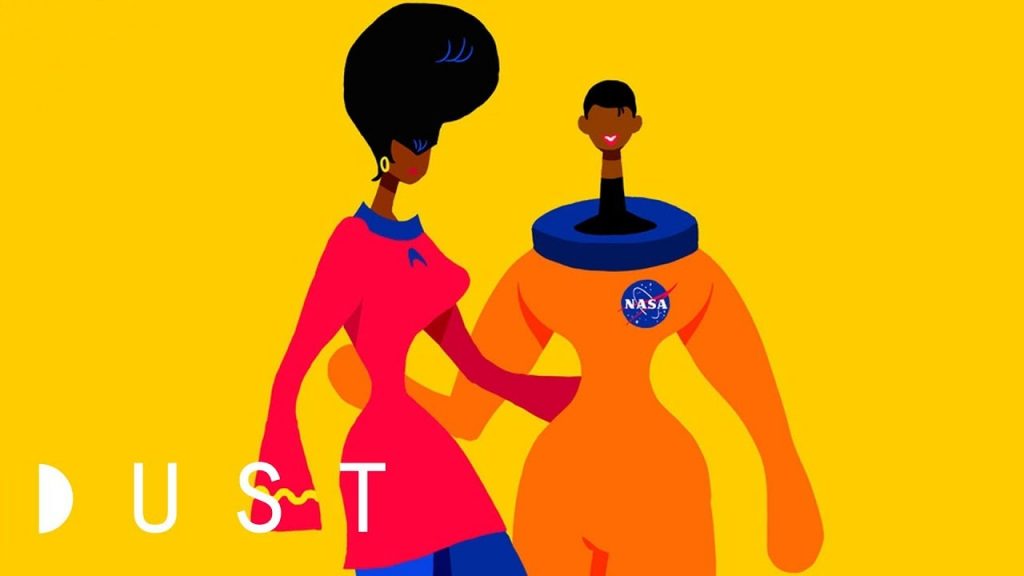
Dust. There are many great videos explaining the roots of Afrofuturism, but here’s one of my favorites. The Dust series stands out because of its combination of cool animation and its focus on music.
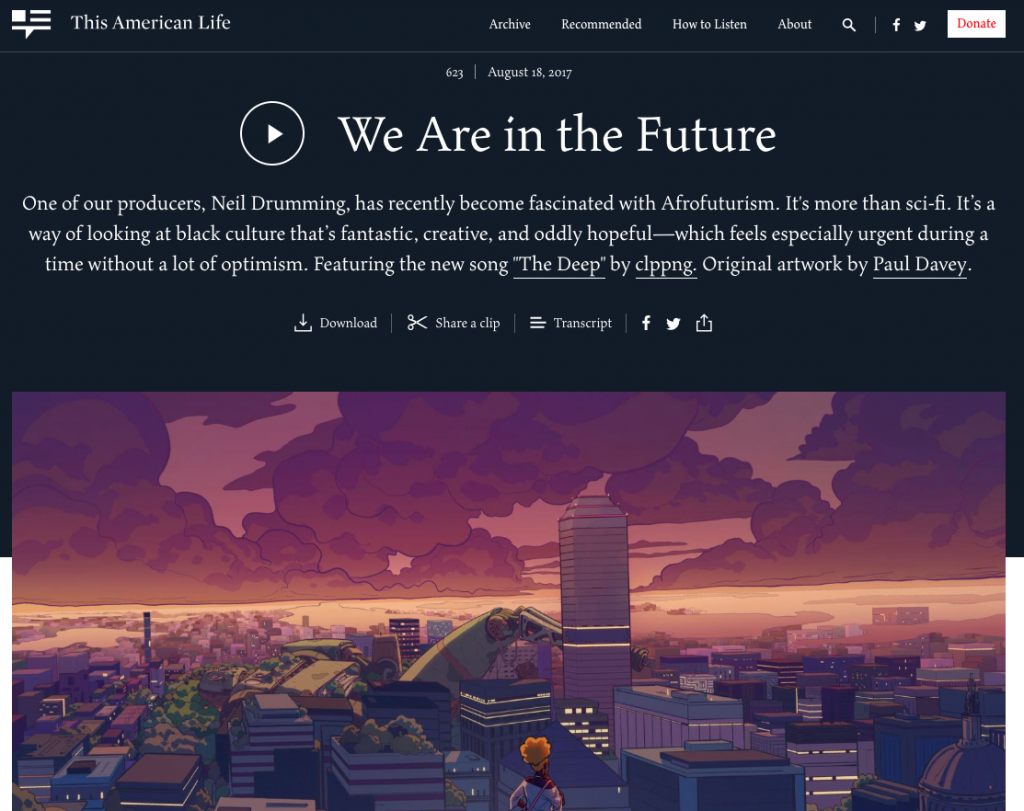
This American Life. One of my favorite podcast episodes ever. This episode of This American Life starts with (white) host Ira Glass graciously handing off his show to producer, journalist, and resident Afrofuturism aficionado Neil Drumming. The entire episode (transcript here) is worth a listen, but here are the acts broken down:
- Prologue (9 min): Neil talks to owner of Amalgam Comics & Coffeehouse, Ariell Johnson
- Act 1, Metropolis Now (12 min): Neil talks to a Detroit mayoral candidate who is running on an Afrofuturist platform. Part of what intrigues me about this is it illustrates how the use of the term Afrofuturism has become quite diffuse and nebulous in certain contexts, but can nevertheless have community applications.
- Act 2, Past Imperfect (12 min): This next one is extra brilliant in my opinion: Azie Dungey (also a writer for Unbreakable Kimmy Schmidt) recounts her time playing a slave for tourists on George Washington’s estate
- Act 3, The Black Sea (6 min): An original song about <it’s a surprise> by the hip hop group clppng., and featuring Hamilton performer Daveed Diggs
And here are couple of contributions from me:
- Indiana Humanities TILT mixer. I was fortunate enough to present an introduction to Afrofuturism at a cocktail party-style event organized by Indiana Humanities. Here’s that presentation, dusted off several years later for my literature students:
Purdue Black Cultural Center (BCC). Alongside professor and filmmaker Jonathan Gayles, professor Deborah Whaley, and Niobe comic illustrator Ashley Woods, I participated in “Afrofuturism x Aesthetics,” a panel discussion facilitated Dr. Marlo David.
Afrofuturist Art
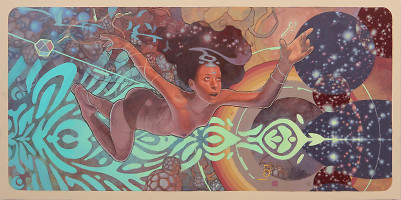
Joshua Mays: This self-trained artist and muralist based in Oakland, CA, creates beautiful and fantastical work that many think as fundamentally representative of Afrofuturism (despite his own misgivings about the title). He talks about his artistic journey in this interview and video.
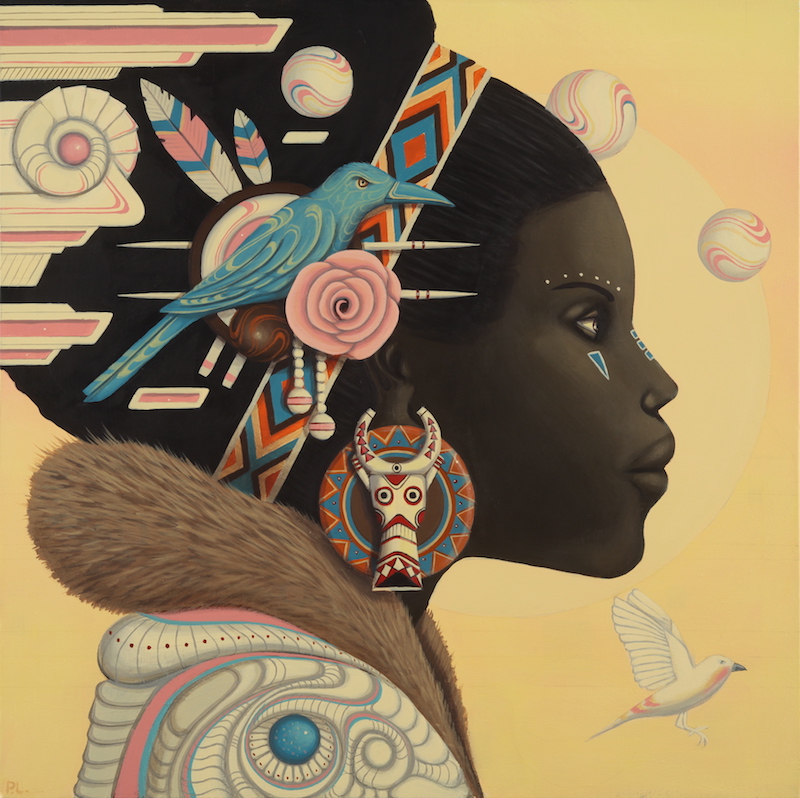
Paul Lewin: Born in Jamaica, Lewin’s work often features his country’s national bird, as seen here and in one of my favorite monograph covers ever, Ebony Elizabeth Thomas‘s The Dark Fantastic: Race and the Imagination from Harry Potter to the Hunger Games. Lewin’s work often fuses Caribbean and African myths and storytelling traditions. He speaks here in an interview with Afropunk.
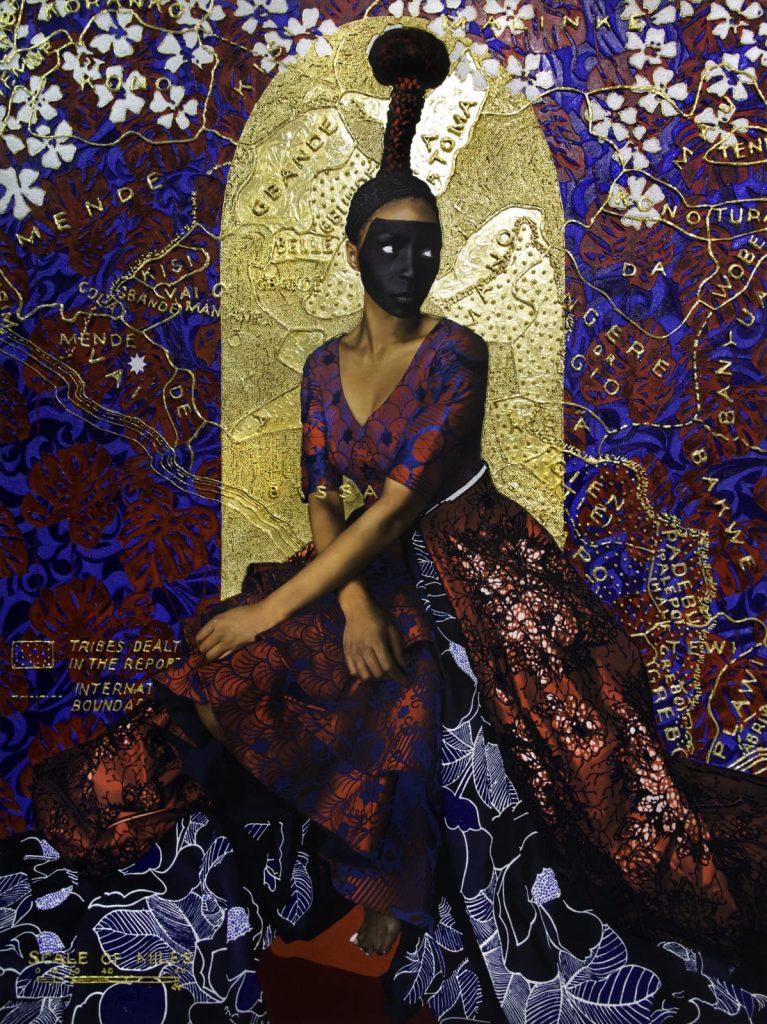
Lina Iris Viktor is a conceptual artist, painter, and performance artist who often uses an ancient technique of gilding her works with 24-carat gold. Born to Liberian parents in London, Viktor has exhibited her work all over the world and divides her time between London and New York.
More about her gilding work at a 2019 exhibit in London is here.
Afrofuturism and Literature

N.K. Jemisin – The Fifth Season: No Afrofuturism booklist (especially one of mine!) would be complete without N.K. Jemisin’s Broken Earth trilogy. Its breath-taking debut, The Fifth Season, is a masterpiece of worldbuilding. Jemisin made history by winning the Hugo Award for Best Novel three years in a row for each of the books of this trilogy. (Jemisin’s acceptance speech for the third Hugo is one of my favorites. Click for the video and transcript.)
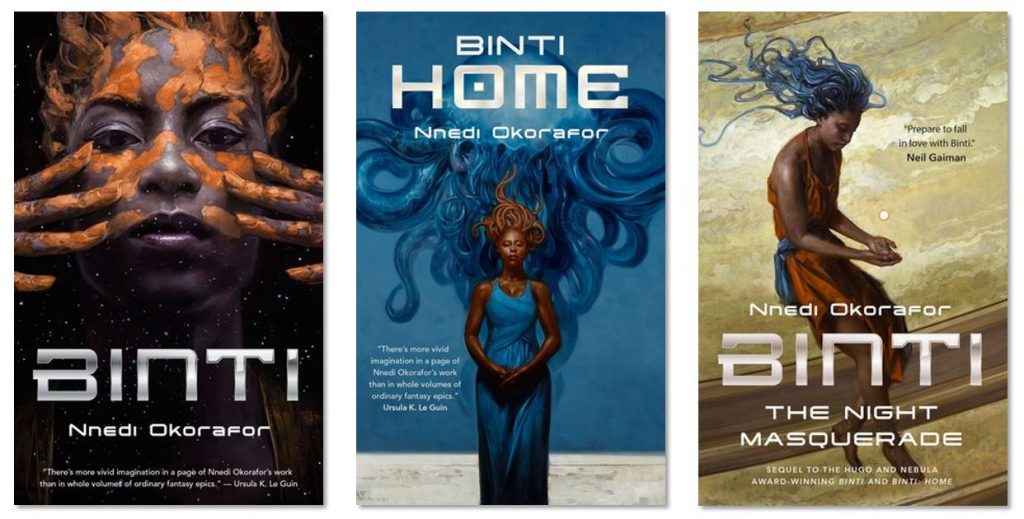
Nnedi Okorafor – Binti: I’ve already raved about Dr. Okorafor‘s Binti in a previous post, but after having reread it again for a recent course, I can confirm that all of the books in the series are eminently readable and enjoyable.
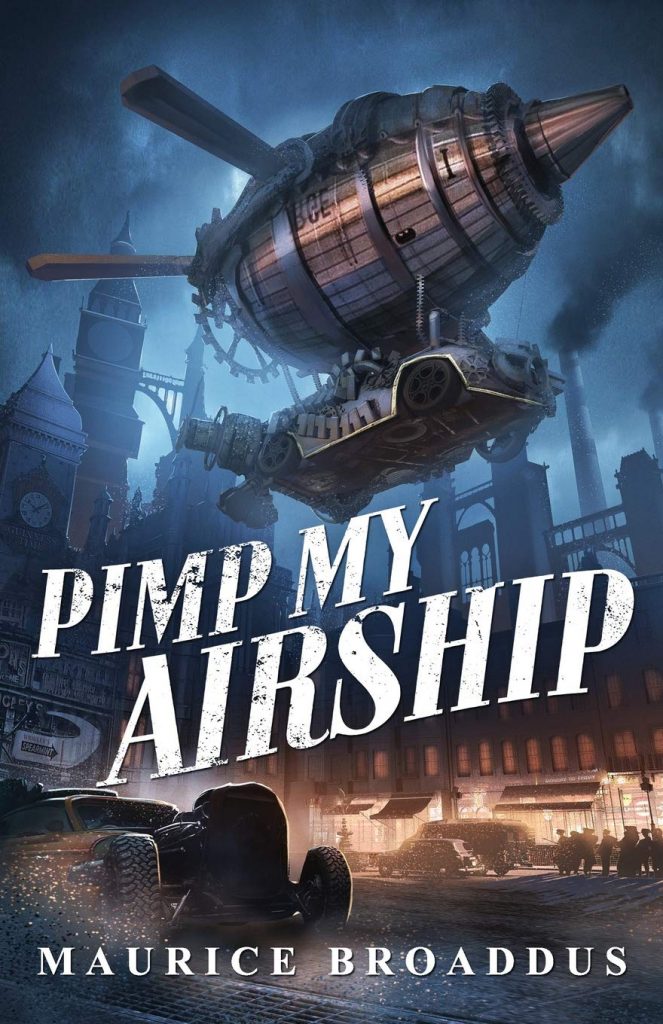
Maurice Broaddus – Pimp my Airship: This captivating adventure, which Broaddus started pretty much on a dare, may be the first to combine Afrofuturism with steampunk. A bonus: Reading it inspired me to learn more about the history of Indianapolis and to listen to some great music. (Each chapter title is also a song title.)
Trivia time! It’s worth pointing out that Edward A. Johnson (born in slavery in NC and the first African-American member of the New York state legislature) wrote a utopian novel featuring African Americans and dirigible airships in 1904.
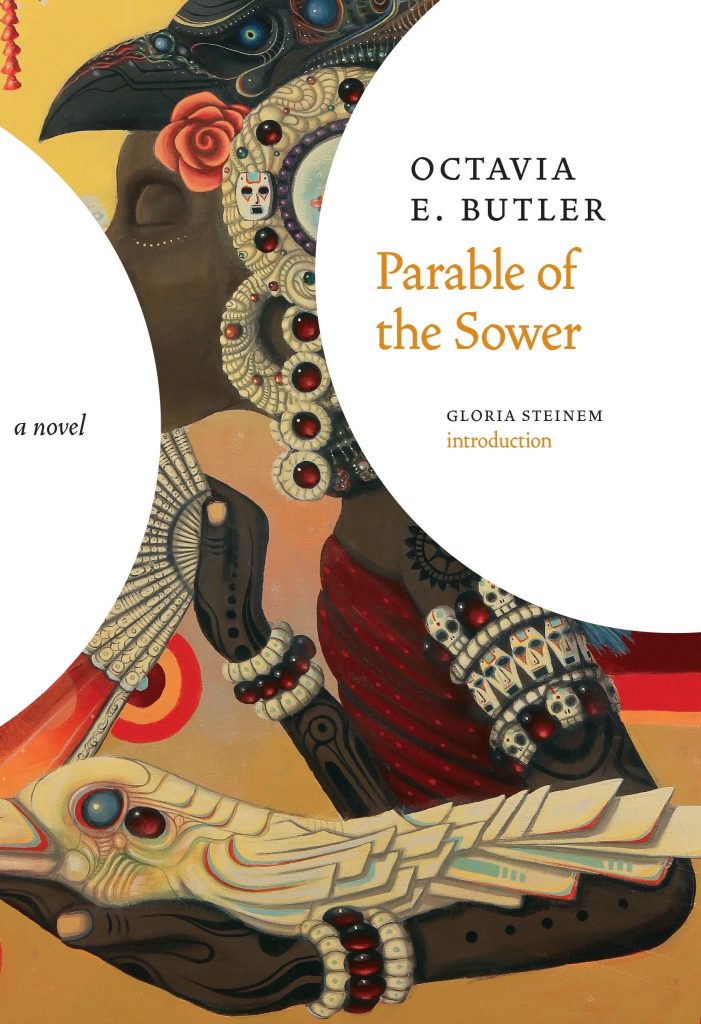
Octavia Butler – Parable of the Sower:
“All that you touch You Change.
All that you Change Changes you.
The only lasting truth Is Change.”
The first of what would have been Butler’s Earthseed trilogy, Parable of the Sower spawned a religion and a philosophy. It is also an absorbing, unique, and deftly written dystopian novel.
Horror writer Tananarive Due and minister Monica Coleman host a series of virtual conversations discussing Butler as both a seer and a balm. (Due also also teaches Afrofuturism and horror at UCLA.) I share some highlights of the opening discussion here.
Happy reading!
Bonus, since I mention the This American Life Afrofuturism podcast above. For more on my favorite podcasts and how I use them in the classroom, see the below thread:
